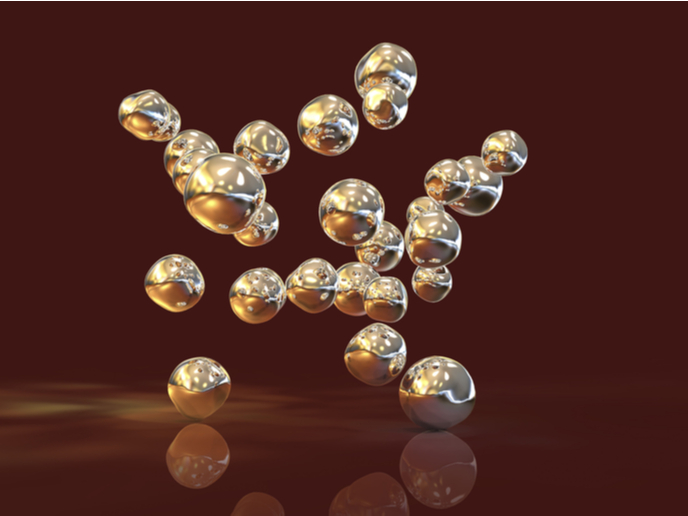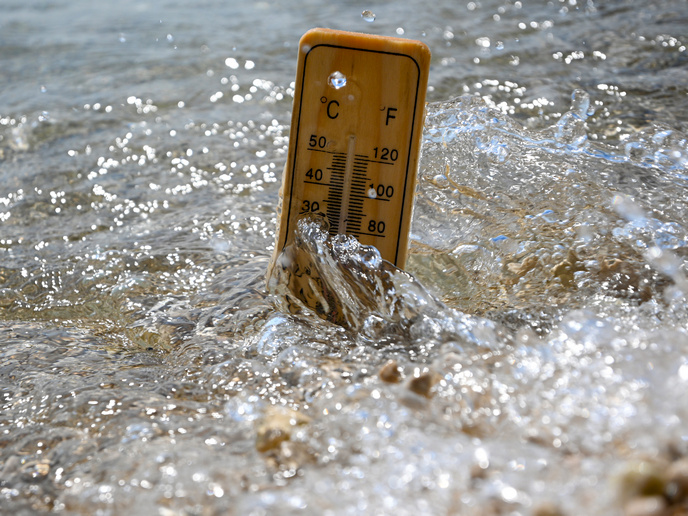Zero energy, low water consumption irrigation for agriculture
Developed and trialled through the EU-funded MASLOWATEN project, the technology has since been transferred to 27 European SMEs, which are currently in the process of commercialising and installing the systems for farmers. “These photovoltaic irrigation systems do not belong to the future,” says project coordinator Dr Luis Narvarte from the Polytechnic University of Madrid in Spain. “They belong to the present, and we expect fast market growth.”
A pressing issue
Irrigation is of vital importance for food security, employment and economic development. While irrigated agriculture takes up just 20 % of the cultivated surface of the earth, it produces more than 40 % of the world’s food. In areas where precipitation is subject to high inter-annual and seasonal variability, irrigation is essential in supporting crop diversification, assuring yield and quality and stabilising food supplies. This reliance on irrigation however is coming under increasing pressure. Despite water scarcity concerns, land is all too often irrigated without efficient devices or controls on the volume of water needed. “Also, modernised irrigation is based on sprinklers, pivots and drip systems that require pressure to work,” notes Dr Narvarte. “These consume electricity produced with conventional sources resulting in CO2 emissions.” This has become a major concern. Dr Narvarte estimates that the Mediterranean area as a whole may face an increase in gross irrigation requirements of between 4 and 18 % due to climate change alone if irrigation systems are not improved.
Sustainable, marketable solutions
The MASLOWATEN project therefore sought to speed up the commercialisation of smart renewable energy-powered irrigation systems within the agricultural sector in order to give farmers the tools to achieve sustainable high-yield production. This was achieved in part by removing the technical barriers to large-scale photovoltaic irrigation systems. “Some of the problems we overcame were related to power intermittences due to, for example, passing clouds, and matching PV electricity production to water needs,” explains Dr Narvarte. “We were able to evaluate the operation of the demonstrators over two years.” During the project, five full-scale demonstrators were implemented across regions of Spain, Portugal, Italy and Morocco. Each pilot covered the different needs of farmers, co-operatives, irrigator communities and agro-industries, and were monitored for two years to demonstrate their technical reliability, economic feasibility and environmental friendliness. “These end users then communicated their experiences and, believe me, they are now recommending large-power irrigation systems to other colleagues.” The demonstrators also showed impressive economy, allowing farmers to irrigate with renewable electricity and achieve energy cost savings of between 60 % and 80 %. Water consumption reductions were estimated at between 22 % and 34 %. “We put the payback period for energy and CO2 emissions at between two years and nine years; that is to say, it should take between two and nine years to pay back the energy and CO2 emissions that wereas put into their manufacturing. The operational life of the technology should be more than 25 years.” The project team developed tools to smooth the market uptake of large-power PV irrigation systems, such as technical specifications assuring their quality and design; simulation models; environmental accreditations and business plans for their commercialisation. Dr Narvarte is positive that sustainable solutions to some of the world’s pressing issues are now being realised. “The ultimate goal of MASLOWATEN has been to ensure market uptake of this solution, and to have a real impact on the European economy and environment,” he says. “We have estimated the potential market for this technology to be at around 16 GW for the south of Europe alone. This would represent potential business of some EUR 24 billion, more than 290 000 new jobs and more than 16 million of tons of CO2 emissions reduced every year.”
Keywords
MASLOWATEN, photovoltaic, irrigation, water, renewable, energy, Spain







